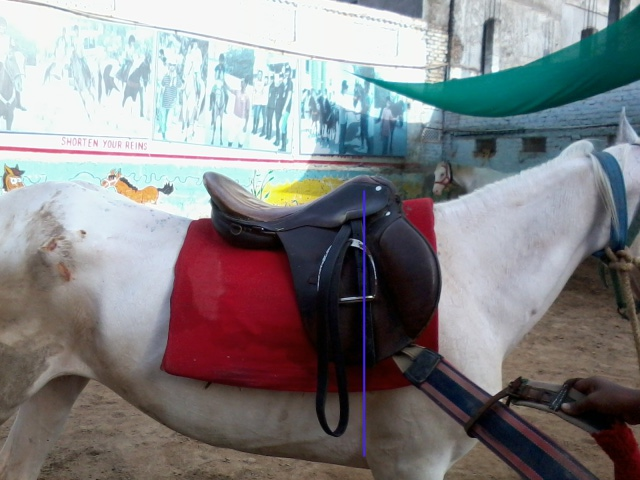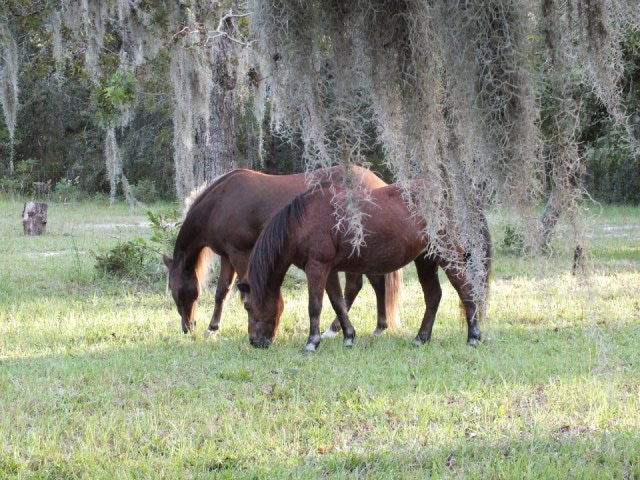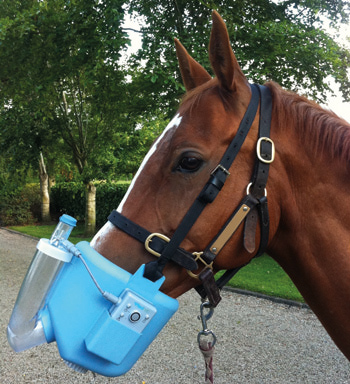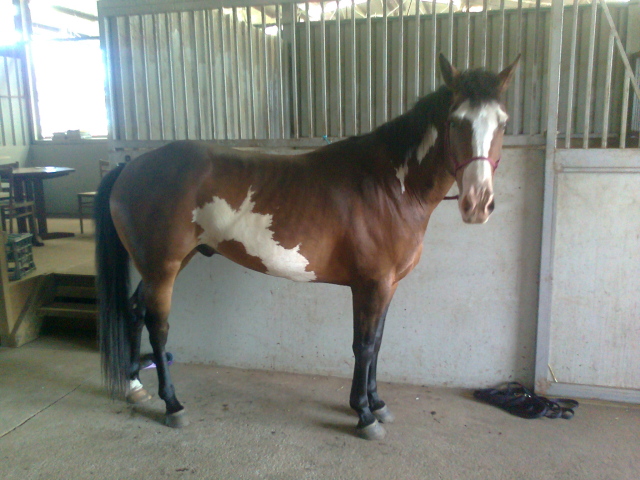QuestionDear Lana
I am living in Africa and cannot get commercial horse feeds. I therefore make up my own mixes from feed that is available. At present I make up a mix from corn bran, rice bran, ground nuts. I then make up a mineral lick from mollases, limestone, salt and MCP in equal quantities. I also feed fresh alfalfa and the horses are out to grass all day. I have 2 thoroughbred mares - 15 and 17, i thoroughbred colt and 4 ponies. The colt and the ponies are looking good but the mares are losing condition. I know it is partly due to their age but have begun to wonder if they are short of calcium. If I was to add lime stone to their feed what quantities should I use?
rgds Jenny
AnswerHi Jenny;
What a great improvising job you're doing.
The mares are not that old that they should be losing conditioning due to age unless they've been hard used their whole lives.
You don't say if they are in work, or pregnant, or if one of them is nursing.
There is no list of 'recommended daily doses' of nutrients for horses that I've ever been able to find. I don't think anyone really knows for sure. Usually we pay more attention to the ratio of phospherus to calcium which is 1:2 (1 part phospherus, 2 parts calcium)
You're already getting calcium in the alfalfa and the mineral lick, (possibly in the grass from the soil?) but without testing the alfalfa, grass and soil we can't know for sure how much calcium they contain.
I'm not familiar with corn bran or what its calcium/phospherus levels are, so again, testing would be the best way to find out.
Know too, that if the quality of forage is high, then you don't have to feed the brans or nuts. Not being familiar with Africa either, I can't recommend certain vitamins or minerals that may be lacking in the environment. For instance in certain places in North America, the soil is selenium deficient OR high in selenium and this is taken into consideration when feeding horses in those areas with either sel. added to feed or not.
I think the place you should start for the mares is blood testing. This will tell you if you have a mineral/vitamin deficiency then you can go from there.
Best wishes!
Sincerely,
Lana Reinhardt
www.eq-paradise.com

 point of knee flap touching vertical
Question
saddle laid
hello Lyn, I believe that
point of knee flap touching vertical
Question
saddle laid
hello Lyn, I believe that
 pony mares - Rick Gore Horsemanship
Question
Millie and Angel Millie and Angel
pony mares - Rick Gore Horsemanship
Question
Millie and Angel Millie and Angel
 remedy for caugh and cold
Question
nebulizer
hello maam. what is the remed
remedy for caugh and cold
Question
nebulizer
hello maam. what is the remed
 bleeding hooves - Rick Gore Horsemanship
Question
hooves
hi rick! I have attached a photo so you
bleeding hooves - Rick Gore Horsemanship
Question
hooves
hi rick! I have attached a photo so you
 QH x Paint pigrooting / bucking
Question
Saxon
Hi Lyn,
I saw your response to another
QH x Paint pigrooting / bucking
Question
Saxon
Hi Lyn,
I saw your response to another